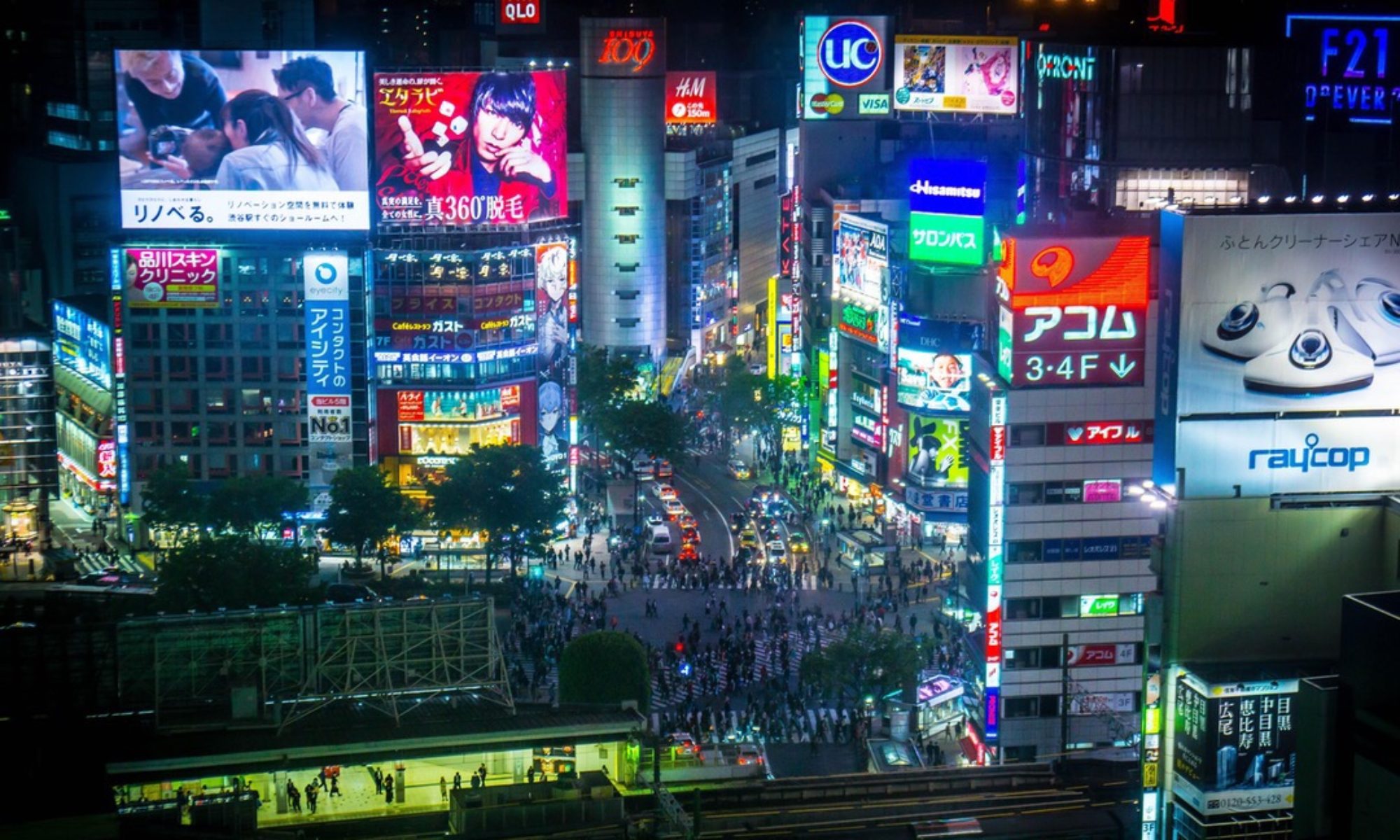To be fair, Elon isn’t a problem to be solved. He is just doing what he does –geeking out, innovating, living life. But as a fan of innovators and a student of markets, I can’t help but try to understand the motives of Mr. Musk. (Full disclosure: I’m a Elon Musk fan)
So, to speak presumptively, Elon probably has something close to a technological messiah complex. This isn’t bad, quite the contrary. We need brilliant people to care about the future. I agree with Tim Urban’s take on Elon. I’ll summarize: Start with a good outcome for humanity and work backwards. Why do I bring this up? Okay, I’ll jump to the big question:
Why did Elon buy Solar City?
Buying Solar City wrecked the balance sheet of Tesla, and placed the company in a much more difficult place. Of all the companies that Elon is involved in Solar City is the only one with no obvious technological edge. In fact, if Tesla wanted to be a one-stop-shop for all things carbon-free it would make more sense to simply partner/license the solar tech. Why buy Solar City?
The solar-tile? Me thinks not. Not enough innovation there.
To bail out cousins? Surely not, there are much more efficient ways to help family than to take over a struggling company.
To facilitate collaborative engineering between Tesla and Solar City? Maybe. This is supposed to be the year of solar-tile and the power-wall. But buying the company was unnecessary. Just do a deal with Solar City, but develop the power-wall as compatible with all solar units. Be Microsoft not Apple. And don’t take over a bunch of debt.
I believe that Mr. Musk was somehow thinking as a technological messiah, not a capitalist, when he did the Solar City deal. Now his shareholders are paying the price, and the risk-of-ruin for Tesla is substantially higher.
Whatever the case, this is the year where Solar City either makes sense, or doesn’t.

